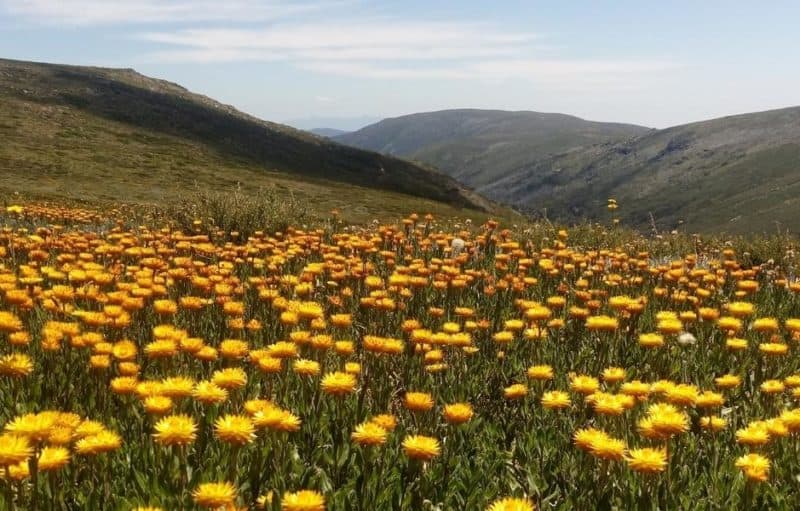MEDIA RELEASE 18 May 2023 |
A quietly critical audit of the Victorian Government’s flagship grassland conservation program is calling for major changes to protect some of the state’s most precious landscapes.
The long-awaited Strategic Audit of the Melbourne Strategic Assessment was tabled in parliament on Tuesday.
It made 16 recommendations to redesign the program, including a new governance framework to support “better decision-making and risk management practices at all levels”.
The MSA is an agreement between the Victorian and federal governments to protect “matters of national environmental significance”. This includes the critically endangered grassland communities and the bandicoots, frogs, lizards, and threatened plants that depend on them for their survival.
The MSA is also supposed to streamline development of the 60,000 hectares of land released for urban growth back in 2010.
But the Strategic Audit plainly describes the MSA as “limited in scope”, stating it lacks “the comprehensive analysis of biodiversity values at an ecosystem scale…required to achieve whole-of-landscape outcomes”.
It highlights that critical gaps in vital data and knowledge “hamper the MSA program’s ability to adequately assess whether it is meeting its conservation commitments.”
Conservation groups the Grassy Plains Network and the Victorian National Parks Association have called for effective governance of the failing program for years.
“Victoria’s grasslands have suffered huge losses since colonial settlement, with 99% destroyed by grazing, cropping and urban development. Once covering almost a third of the state, our native grassy ecosystems are on the brink of extinction.”
“But, if these recommendations are acted on, at long last we might get some change for the better,” Grassy Plains Network facilitator Adrian Marshall said.
The audit found the few high-quality patches of grassland acquired by the MSA are stable – which is good news – but the bulk of the supposedly protected grasslands are in decline. It also highlighted a clear absence of any requirement to assess how effective different management options are.
“This backs up what conservationists and community have been saying: the MSA is failing in its commitments under the joint state–federal agreement,” Dr Marshall said.
“Across most of the MSA, weeds and mismanagement are combining to destroy the very biodiversity values supposedly protected by this deal. Instead we’ve seen developers thrive while nature and native wildlife continue to suffer irreversible damage from every risk the government was warned about.
“Yes, the audit is harsh in some of its detail, but it could have gone much further if it wasn’t so heavily constrained by its scope.
“It’s like a doctor giving you a check-up but failing to report that you have a missing hand.
“The audit does not cover the 36 Conservation Areas that are the most important biodiversity hotspots within the new urban growth corridors. It also fails to mention the recent complete destruction through dumping of asbestos-contaminated fill of Conservation Area 9.”
When it comes to the protection of specific plants such as the Spiny Rice-flower and the Matted Flax-lily, the Audit notes that “Biomass control will be a necessary management intervention going forward for the species”. The implication is that biomass control has not been happening, which is alarming since regular burns are a fundamental of good grassland management.
Other audit recommendations cover the way the health of grasslands and native wildlife are assessed, giving Traditional Custodians a seat at the table, an improved land acquisition strategy, weed management, better fire regimes for biomass management, a new research program, and the need for urgent action to protect the very last patch of Small Golden Moths Orchid on Earth.
The inaugural Strategic Audit of the Implementation of Melbourne Strategic Assessment Conservation Outcomes 2022 Report comes from the Commissioner for Environmental Sustainability (CES) and is one of the key recommendations of the damning 2020 Victorian Auditor General’s Office report Protecting Critically Endangered Grasslands.
